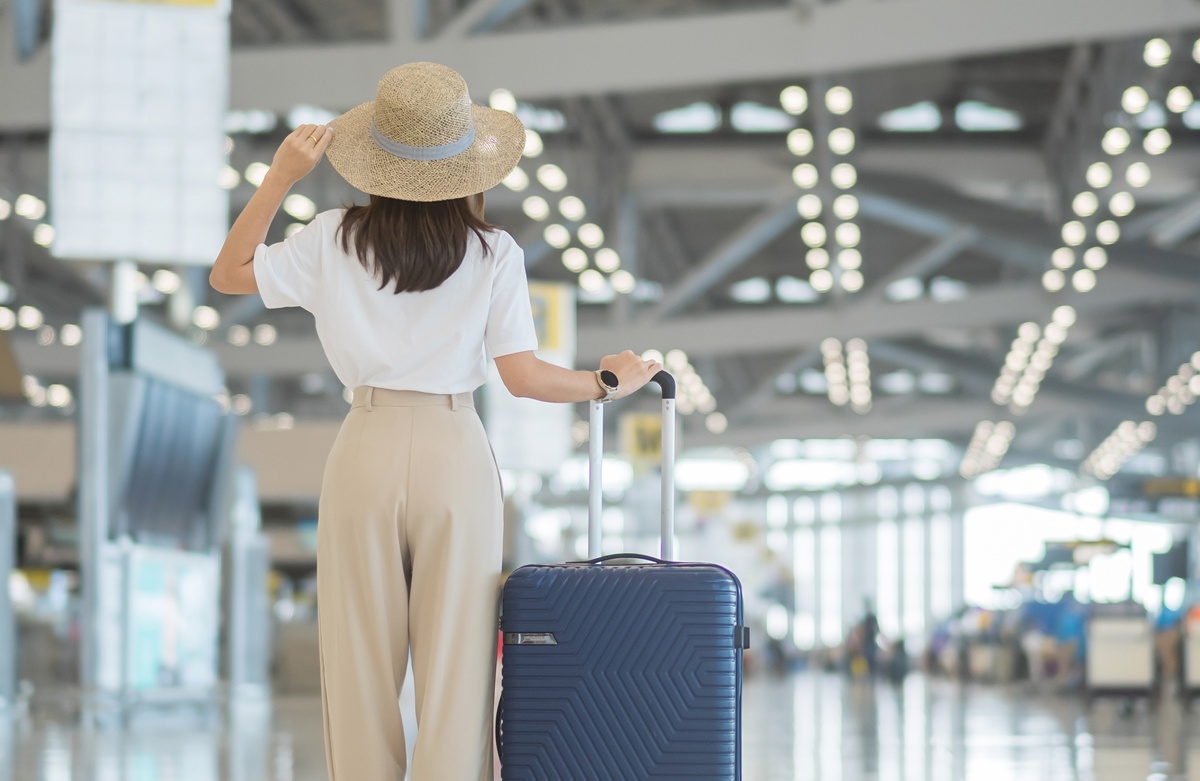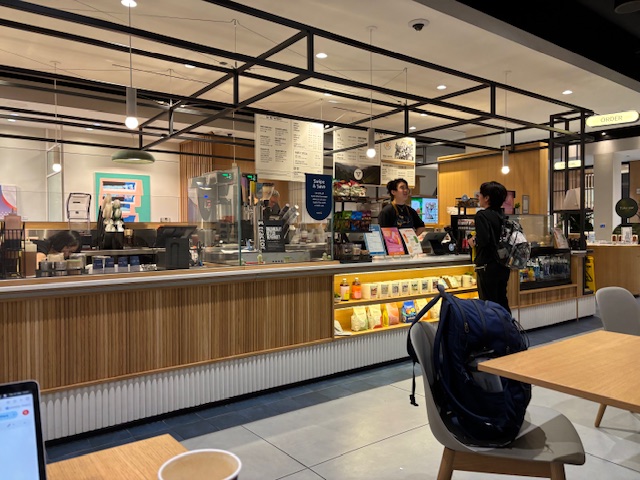May 13, 2025
Foodies, fans, and first-class flyers: Mastercard reveals what’s fuelling global travel in 2025

The Mastercard Economics Institute (MEI) has unveiled its Travel Trends 2025 report, providing a deep dive into the forces shaping global tourism through the lens of aggregated consumer spending data. While macroeconomic factors like exchange rates and geopolitics still influence travel habits, MEI finds that personal passions, such as sports, wellness, and culinary exploration, are increasingly driving where and why people travel.
“Global travel motivations go beyond economics,” said Michelle Meyer, chief economist at MEI. “When making the decision to travel, consumers are often seeking purpose and authenticity, along with value. Understanding these motivations is key to navigate the travel sector in 2025, especially during times of economic and policy uncertainty.”
Major sporting events emerged as significant travel triggers. During the Champions League Final in London, Real Madrid fans increased Spanish spending in the city by 148% year-over-year, while German spending rose by 61%. In Los Angeles, Japanese visitors boosted spending by 91% during Shohei Ohtani’s World Series appearance, and the Copa Libertadores Final in Buenos Aires spurred a notable influx of Brazilian tourists.
The power of purpose-driven travel
Purpose-driven travel is also on the rise, particularly for wellness, nature, and food experiences. MEI’s Wellness Travel Index highlights countries like Namibia, Thailand, and South Africa for their growing offerings in eco-friendly accommodations and mindfulness retreats. Similarly, adventure tourism is thriving, with South Africa and Zambia leading in national park-related expenditures. Finland also ranked high, showing strong interest in Nordic wilderness tourism.
Foodies
For food lovers, Istanbul topped the list of cities attracting the most diverse range of international diners, hosting visitors from 67 different countries in 2024. Other top foodie destinations include Cannes, Interlaken, Gianyar, and Barcelona, each offering distinctive culinary experiences that cater to global tastes.
While currency depreciation continues to impact travel, the effect varies by region. Japan, for instance, saw a 1.5% increase in tourists from China for every 1% drop in the yen against the yuan. However, visitors from the U.S. and New Zealand were less reactive to these shifts, showing only modest increases.
Business travel
In business travel, frequency has decreased since the pandemic, but trip durations are growing. U.S. business travellers are now spending more days abroad, particularly in Asia-Pacific and Europe, while UK corporate travel shows a similar trend, except for shorter trips to North America.
Looking ahead to summer 2025, Asia-Pacific destinations dominate booking trends. Tokyo and Osaka top the list, while American and Canadian tourists also favour warm-weather getaways like Punta Cana, Tulum, and Montego Bay. Tirana, Albania, has seen a surge in visitors, especially from Italy.MEI also notes a rise in fraud during peak travel seasons, with Mastercard’s AI-powered security tools and digital wallets helping to safeguard consumers.



